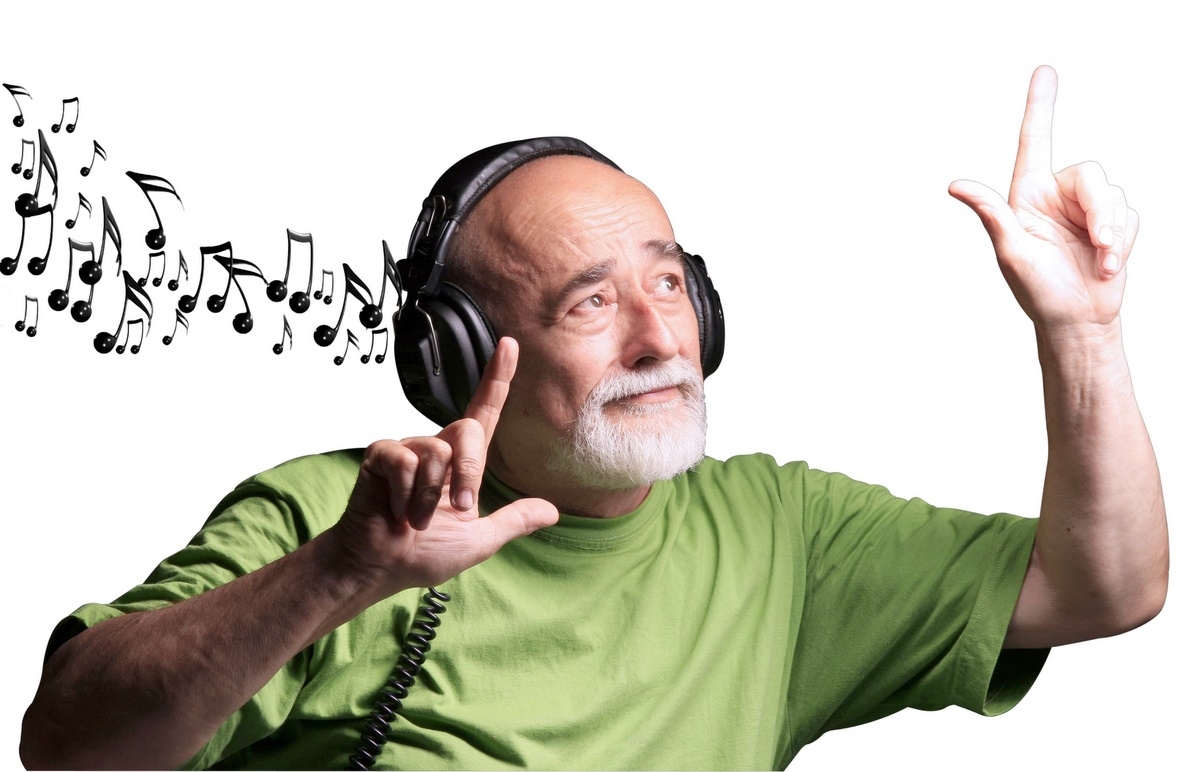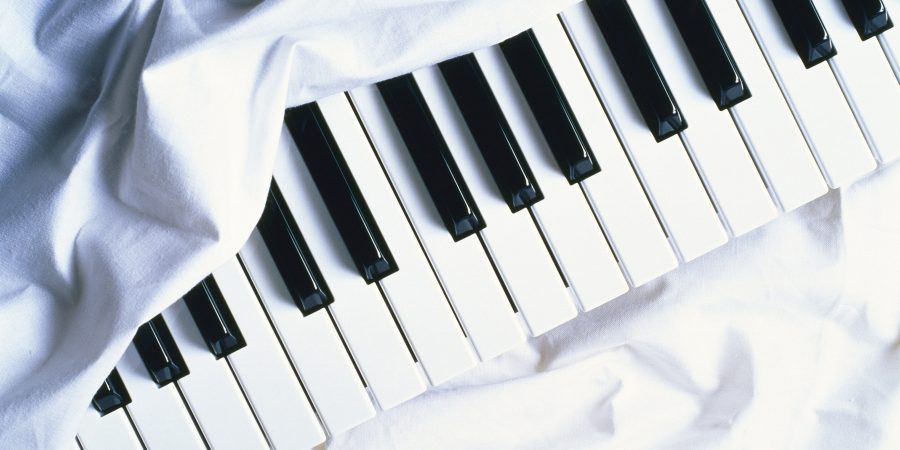You are young, you consider yourself advanced, nightclubs are the best place to relax after school or work. After – a feeling of a good time, only fresh and clear thinking, as well as an influx of new strength and energy are not observed.
Are you aware that modern electronic music, like rock, is classified by psychologists on https://telegram-store.com/catalog/product-category/channels/music as aggressive non-drug drugs (there is no need to explain the effect of the latter on the body)?
Just a few facts
1. Scientists at the Center for Neuroscience at the University of California tested students from 36 colleges, trying to determine their level of intellectual development. Within ten minutes after the test, the students listened to Mozart’s sonata for two pianos in C major K. 488. Repeat testing immediately after listening showed an increase in IQ by 8-9 points.
True, after about 15 minutes, the indicators returned to their previous level, but this fact allowed scientists to assume that it was immortal music that caused the temporary intellectual growth. Other scientists involved in similar research are also convinced of the magical power of music, which, when listened to regularly, can cause a steady increase in IQ.
One of the researchers of the phenomenon of the impact of music, Gordon Shaw, suggested that complex music somehow nourishes the brain regions responsible for abstract thinking – departments that are not directly related to the perception of sounds and melodies.
2. Bulgarian psychologist Georgy Lozanov, together with his colleague Dr. Aleko Novakov, has been doing research to determine the extent to which music influences the learning process.
By this time, American scientists Lynn Cooper and Milton Erickson had already discovered that people who listen to the sounds of a metronome at a rhythm of 60 beats per minute have an “alpha state” – ideal for learning and memorization.
Unaware of this fact, Lozanov and Novakov quite independently made a similar discovery, but using slow baroque music with a rhythmic time signature of 60-64 beats per minute. The Baroque genre was very common in Europe from 1600 to 1750.
His popularity faded after the death of one of the most prominent composers and performers – Johann Sebastian Bach. Baroque music is characterized by a rich sound palette of scales and a clear rhythm. Lozanov and Novakov discovered that under the influence of baroque music, information is perceived and assimilated just as efficiently as when learning in a dream.
This discovery soon led to the development of a new method. According to its terms, information – for example, phrases in a foreign language – is presented at intervals of four seconds against the background of baroque music at a rhythm of 60 beats per minute. The first results showed that students learn from 60 to 500 foreign words a day.
Specialists from the University of Iowa decided to test the proposed method and soon achieved success: against the background of baroque music, the participants in the experiment experienced an increase in memorization ability by 26%, and learning speed – by 24%.
3. According to Dr. Alfred Tomatis, a member of the French Academy of Medical Sciences, the ears play a key role in electrically recharging the brain.
When the electrical potential of the brain begins to weaken, we experience fatigue and become dull before our eyes. Like batteries, brain cells need to be recharged from time to time.
Tomatis discovered that one way to recharge is to listen to high-frequency sounds – 5000-8000 Hz. According to Tomatis, the vibration of the Karti cells – the hair sensory cells of the inner ear – acts as a kind of brain generator.
Through many years of analysis, Tomatis came to the conclusion that Mozart’s music contains the largest number of sounds of the desired frequency range, and hard rock contains the least. He also recommends listening to baroque music and Gregorian chants to recharge the brain.
P.S. Albert Einstein picked up the violin for the first time at the age of six. By the time he was 14, he was playing Beethoven and Mozart sonatas and improvising on the piano for long hours.
Throughout his life, Einstein remained a passionate violinist, turning to music during times of creative stagnation. About his hobbies in music and physics, he said: “Both of them have one source and complement each other …” It is possible that Einstein’s unusually powerful intellect is the result of a love for the classics.
